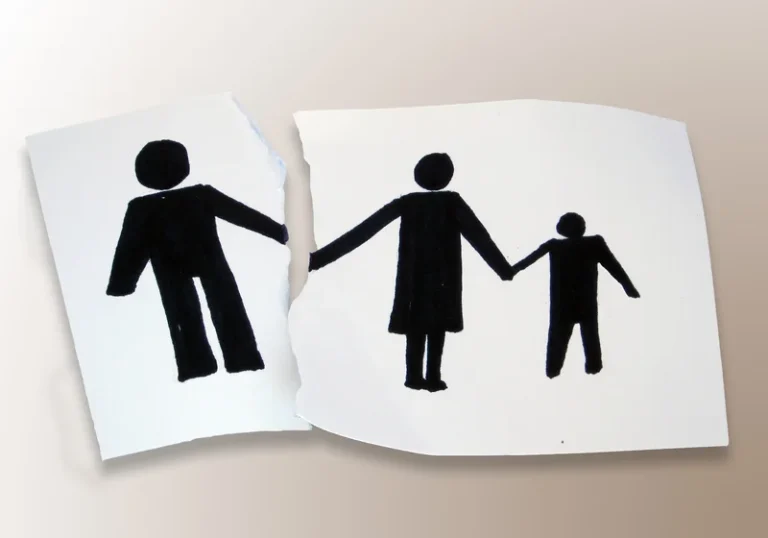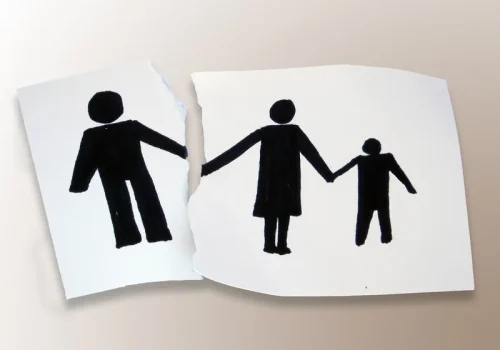Sober living
8 Small Things to Do When You Return from Vacation by Jake Daghe Mind Cafe

Responses to the holidays are as varied as the number of individuals who experience them. Some face grief and loneliness more acutely this time of year, while others experience more joy and peace. Most individuals will encounter an amalgamation of emotions, including stress, happiness, melancholy, excitement, loneliness, and hope.
Packing a Travel Survival Kit

If you usually feel more confident and outgoing when drunk or high, you may be tempted to use drugs in anticipation of social interactions. Relaxing in a calm, beautiful environment can lure you into a false sense of vacationing in recovery security. As a result, you may tell yourself that drinking a glass of wine with dinner or popping some pills in a club can be a vacation-only activity that will stop once you get back home. Thinking about likely sources of triggers during these four situations can help you create strategies to reduce the chances of a relapse. Practicing gratitude involves recognizing and appreciating the positive aspects of your life while on the trip.
Drug and Alcohol Detox in Massachusetts
Summer is approaching, and many of us are starting to think about vacation plans. If you’re new to addiction recovery, you may be wondering how to avoid relapse when you go on vacation. Here are a few ways to maintain your recovery on vacation while still having fun. Sober travel companions can also assist with the practical aspects of traveling. They can help individuals navigate new environments, plan transportation, and make logistical arrangements.
Incorporating Gratitude to Enhance Your Sober Vacation Experience

As mentioned above, planning ahead can set you up for success in any potentially triggering situation. It is important to be aware of your triggers and have a plan to handle them if they come up, including local support meetings or sober activities. This can also be by staying connected through apps or online forums to stay in touch with your support network while away. One effective way to stay on track with sobriety while on vacation is to connect with local recovery groups in the destination you are visiting. These groups can provide support, accountability, and a sense of community for individuals aiming to maintain sobriety while away from home. Attending meetings or events hosted by these groups offers a safe space to share experiences, gain insights, and foster connections with like-minded individuals 7.
- Many sober travel groups or resources are available to help you plan your vacation.
- I have also traveled with a group of sober people, which is amazing.
- It’s completely normal to have some concerns about taking your first sober vacation, especially if you’re earlier in your recovery.
We are dedicated to providing you with valuable resources that educate and empower you to live better. Over 11 percent of U.S. adults (29.2 million) report that they have ever had a problem with substances (SAMHSA, 2021). Thus, in addition to those in recovery, it is likely that most Americans know someone who struggles with their use of alcohol or other drugs. Having a support system that you can call, such as a sponsor, a therapist, or a trusted friend or family member, can help if you feel as if you are at risk for relapse.

Things may happen during your travel journey that you simply cannot prevent. It’s important to prepare for these potential challenges and triggers before your trip as well. By embracing recovery, your travels become a unique and meaningful part of your healing journey. Sobriety can enhance your experiences, making each trip a beautiful testament to your resilience and growth.
- If you are traveling with children, check out some local zoos, aquariums, and amusement parks that provide entertainment for the whole family.
- According to recent data, approximately 21 million American adults are in recovery from alcohol and other drug addiction (SAMHSA, 2021).
- Do all you can to learn about the place you’ll visit, the customs, and even the modes of transportation you’ll need to navigate the area.
- Bringing individuals that you trust to support you and help maintain your sobriety will offer some much-needed relief to any travel anxiety you may experience during your trip.
Many travel experiences often revolve around late nights, partying, and indulging in alcohol or drugs. However, it’s important to rewrite the script and redefine what a vacation means in the context of maintaining sobriety. If you’re in recovery, vacations can be a big threat to your sobriety. Even your best efforts to avoid relapsing may be thwarted if you’re in a place where alcohol and other drugs flow freely. Additionally, if you’ve always been intoxicated during previous holidays, you may feel it’s impossible to relax or have fun without being drunk or high.

However, many people view vacations as an opportunity to be intoxicated around the clock. It’s common for hotels and restaurants in most destinations to serve alcohol at every meal. Vacationers may also feel free from scrutiny during vacations and try drugs such as cocaine, benzos, morphine, fentanyl and heroin. Learn more about making the most of your travels while maintaining your sobriety by exploring additional resources and connecting with our community. Healthy routines are a critical part of successful recovery from addiction. They keep your time occupied and prevent you from being distracted from your healthy lifestyle.
